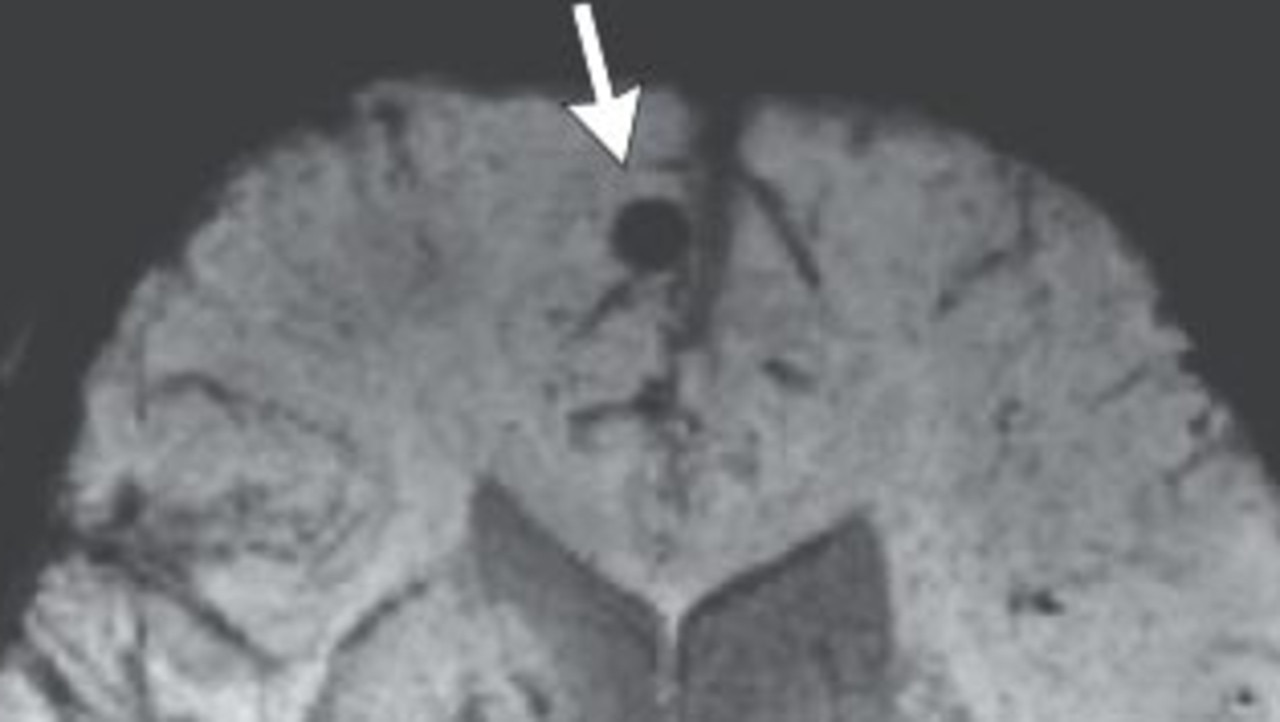‘Hard to spot’: 17 signs you’re a functioning alcoholic
Being an alcoholic isn’t always glaringly obvious – you might be surprised to find your own habits even fit the definition, experts say.
An alcoholic isn’t always glaringly obvious, and your own habits may even fit the definition.
A “functioning alcoholic”, in a nutshell, is a person with dangerous drinking behaviour who is still able to carry out day-to-day tasks, The Sun reports.
Not everyone who becomes dependent on alcohol shows obvious signs, such as losing their job or relationship.
Functioning alcoholics are highly likely to deny they have a problem with alcohol because they often compare how stable they are compared to a typical alcoholic, UK-based rehab clinic Delamere says.
The centre, located in Cheshire, is concerned that its research has shown one-in-four (22 per cent) Brits increased their alcohol intake over the last year.
Experts are most concerned about those who already had some problems with drinking before the Covid pandemic hit.
Addiction treatment professional, Martin Preston, said: “A functioning alcoholic is a person who suffers from alcoholism but is still able to hold down a job, play a role within a family and to most people, appear to be coping.
“A functioning alcoholic is not always easy to spot. Those that suffer from alcoholism are exceptionally good at hiding their condition.
“With few apparent negative consequences, a functioning alcoholic is unlikely to want to change whilst they feel they still have time.
“Alcohol addiction is at the chronic end of the spectrum of alcohol use disorders for which there is no cure.
“It can, however, be successfully treated and the sooner treatment is undertaken the better for the individual concerned and their loved ones.”
During Alcohol Awareness Week (15-21 November), Mr Preston revealed the signs of a functioning alcoholic.
What to do if you’re worried
If you have many of the above symptoms, it’s possible you have a drinking problem.
Delamere says it is fairly easy to self-diagnose alcoholism if a person is honest about their drinking and asks themselves the following questions:
1. When you drink are you able to stay in control of the amount of alcohol you consume and drink in moderation?
2. If you want to stop or reduce your drinking are you able to, and able to maintain it?
Answering ‘NO’ to both of these questions indicates that a person is suffering from an Alcohol Use Disorder (AUD), over which they have no control.
If you’re concerned about your drinking or someone else’s, a good first step is to see a GP, it is recommended.
They’ll be able to discuss the services and treatments available to you after assessing your drinking habits using screening tests.
Treatment usually involves counselling and medicine that helps you to slowly cut down on drinking and avoid withdrawal symptoms.
There are also a number of charities, support groups, and private clinics to help.
What to do about a loved one
If you are concerned someone you love or care about is a functioning alcoholic, the first thing to do is get them to admit they have a problem they need help with, Delamere says.
The clinic has the following tips for getting a functioning alcoholic to accept help if they have previously been defensive.
– Set aside a time to talk to them when they have no plans and are not too intoxicated to understand what you have to say, such as a time before they start drinking heavily.
– It is often quite helpful to speak to a functioning alcoholic about their alcoholism after they have just suffered a negative consequence related to their drinking because they may be remorseful
– Regardless of their emotional response, try to remain calm and not argue with them. Instead, try an empathetic approach and one of showing concern and support.
– Explain to them how their drinking is affecting you and other family members. Give clear examples of when their drinking has affected you and others or caused concern and how you feel about their drinking.
– Give them hope by explaining that alcoholism is treatable
Tell the person:
– The signs and symptoms of a functioning alcoholic
– That alcoholism is medically recognised as both a mental and physiological disease that is progressive in nature.
– That a person does not necessarily need to lose everything in order to be diagnosed as an alcoholic
– That many negative consequences – such as loss of relationships, jobs, criminal prosecution, mental and physical deterioration – often come as alcoholism progresses
– That they should not feel ashamed that they suffer from an illness
– That the condition they suffer from is probably more common than they think and that there are others who suffer just like them.
– That people suffering from an alcohol use disorder are rarely able to get better of their own accord.
If the conversation goes well, and the person admits they have a problem and they need help, it is important to act quickly and without hesitation.
This is seen as “as a window of opportunity” in addiction, and rarely lasts for very long before denial sets back in again.
This article originally appeared on The Sun and was reproduced with permission
Originally published as 17 signs you’re a functioning alcoholic
For all the latest Lifestyle News Click Here
For the latest news and updates, follow us on Google News.



